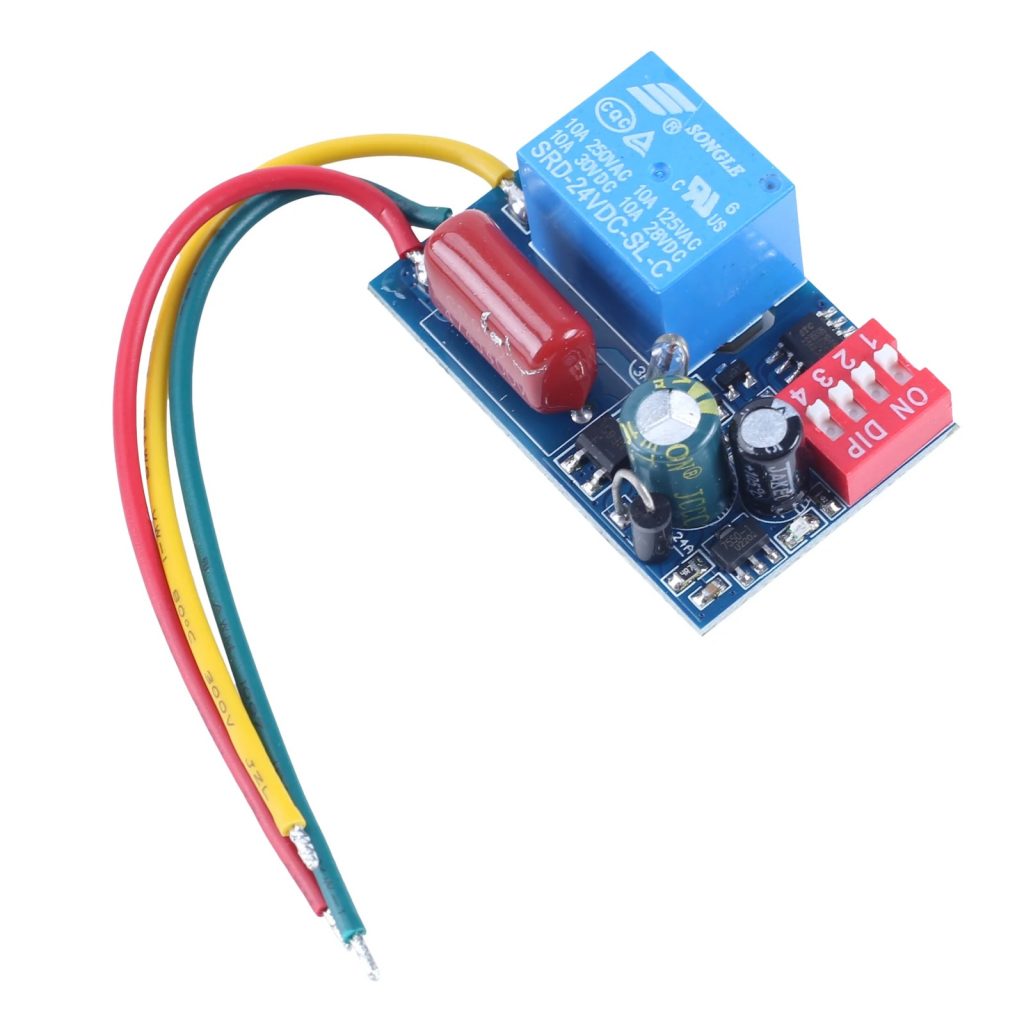
Exploring the Diverse Applications of Solid State Relays
Solid state relays (SSRs) have revolutionized the field of electrical switching with their numerous advantages over traditional electromechanical relays. These electronic devices have found widespread use in various industries, offering enhanced reliability, faster switching speeds, and improved durability. In this article, we will delve into the diverse applications of solid state relays, highlighting their significance in different sectors.
- Industrial Automation:
Solid state relays play a crucial role in industrial automation systems, where precise and efficient control of electrical loads is essential. They are commonly employed in programmable logic controllers (PLCs), motor control units, and robotics. SSRs offer reliable switching capabilities, allowing for seamless integration into complex automation processes. Their ability to handle high currents and voltages makes them ideal for controlling heavy machinery and equipment. - Heating and Cooling Systems:
In heating, ventilation, and air conditioning (HVAC) systems, solid state relays are utilized for temperature control and regulation. SSRs provide accurate switching of heating elements, such as electric furnaces, boilers, and radiant heaters. Their fast response time and high cycle life ensure efficient and precise temperature management, contributing to energy savings and improved comfort in residential, commercial, and industrial settings. - Medical Equipment:
The medical industry heavily relies on solid state relays for the safe and reliable operation of various equipment. SSRs are utilized in diagnostic devices, patient monitoring systems, and medical imaging equipment. Their low electromagnetic interference (EMI) and silent operation make them suitable for sensitive medical environments. Additionally, SSRs offer excellent isolation properties, ensuring patient safety and preventing electrical noise interference. - Automotive Applications:
Solid state relays find application in automotive systems, where their compact size, high reliability, and fast switching characteristics are highly advantageous. They are commonly used in electric vehicle charging stations, battery management systems, and lighting controls. SSRs enable efficient power distribution and protection, contributing to the overall performance and safety of modern vehicles. - Renewable Energy Systems:
With the increasing adoption of renewable energy sources, solid state relays have become integral components in solar power and wind energy systems. SSRs facilitate the efficient conversion and distribution of electrical energy generated from renewable sources. They are employed in solar inverters, wind turbine controls, and energy storage systems. The high switching speeds and long lifespan of SSRs ensure optimal energy utilization and system reliability. - Food and Beverage Industry:
In the food and beverage industry, solid state relays are utilized for precise temperature control in ovens, fryers, refrigeration units, and other cooking and storage equipment. SSRs offer accurate switching, preventing temperature fluctuations that could affect product quality. Their compact size and resistance to mechanical wear make them suitable for the demanding conditions of food processing environments.
In conclusion, solid state relays have found extensive applications across various industries, revolutionizing electrical switching systems. From industrial automation and HVAC to medical equipment and automotive systems, SSRs provide reliable and efficient control of electrical loads. Their compact size, fast switching speeds, and long lifespan make them indispensable components in modern technological advancements. By understanding the diverse applications of solid state relays, industries can harness their benefits to enhance performance, safety, and energy efficiency.